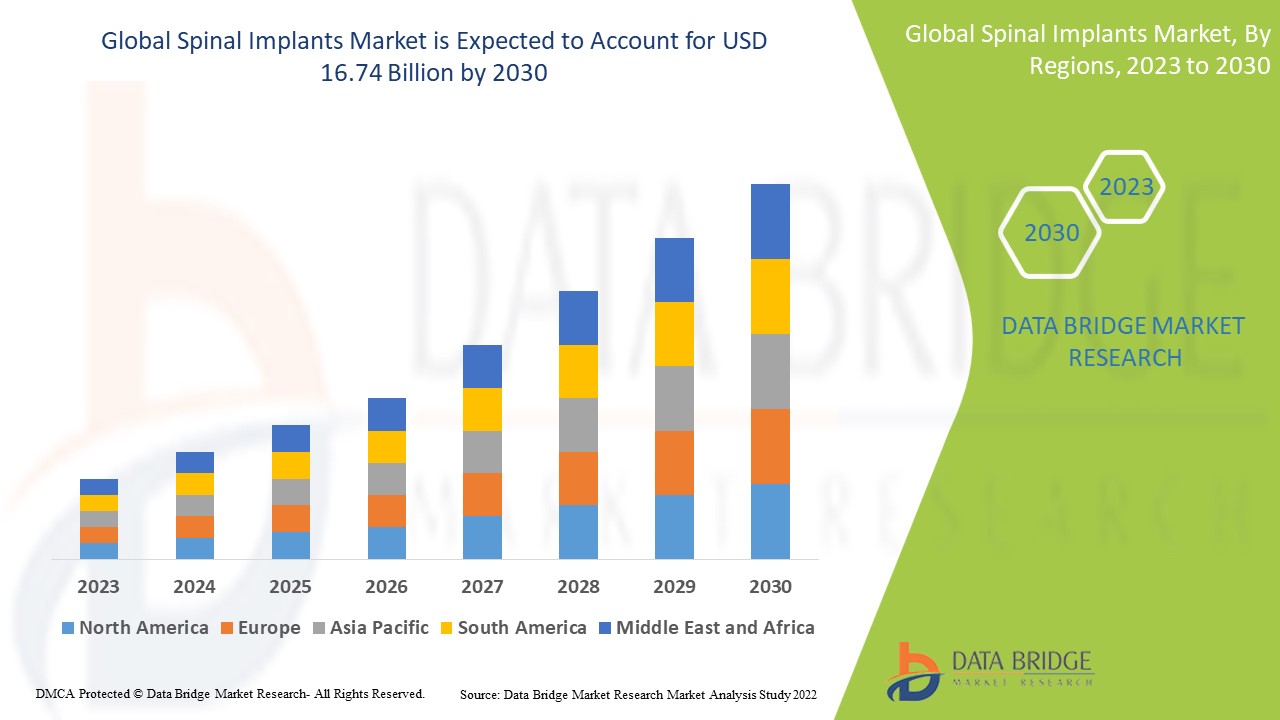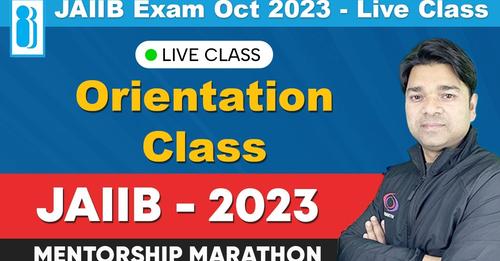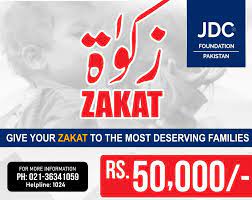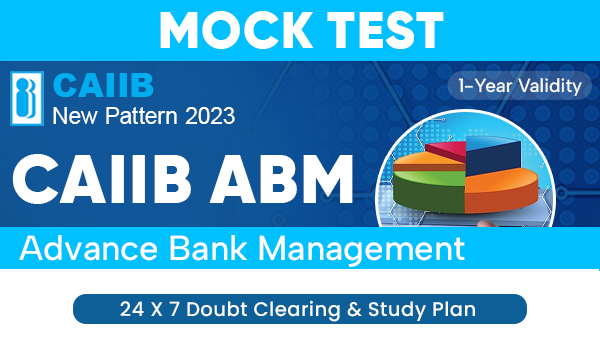Opening statement
In Islam, one of the fundamental pillars of faith is the act of giving Zakat. Derived from the Arabic root word ‘zakka,’ meaning ‘to purify,’ Zakat holds significant spiritual and social value. It is not merely a charitable donation but a religious obligation incumbent upon every financially able Muslim. Let’s delve deeper into the essence and importance of Donate Zakat.
Religious Obligation
Zakat is mandated in Islam as a means of wealth purification and redistribution. It is mentioned numerous times in the Quran, emphasizing its importance in the life of a Muslim. The Quran prescribes Zakat as a duty alongside other pillars of Islam, such as prayer (Salah) and fasting (Sawm) during Ramadan.
Pillar of Islam
The concept of Zakat is deeply ingrained in the teachings of Islam, signifying an individual’s accountability towards society and their commitment to social justice. It serves as a reminder of the interconnectedness of humanity and the responsibility to care for those less fortunate.
Moreover, giving Zakat is a deeply rewarding experience on a spiritual level. It strengthens your connection with Allah and reflects your commitment to fulfilling His commandments. As you witness the positive outcomes of your generosity, you’ll feel a profound sense of fulfillment and inner peace knowing that you’ve made a meaningful difference in the world.
So, let’s embrace the spirit of giving and seize the opportunity to extend a helping hand to those in need. Together, with organizations like the JDC, we can create a more compassionate and equitable society where everyone has the opportunity to thrive. Your Zakat has the power to change lives and inspire others to join in the noble cause of making the world a better place for all.
Spiritual Significance
Beyond its material impact, Zakat holds immense spiritual value. By purifying one’s wealth through giving, Muslims cleanse their hearts from greed and materialism. It fosters a sense of empathy and compassion towards others, reinforcing the Islamic principle of brotherhood and solidarity.
Social Welfare
Zakat plays a crucial role in addressing socioeconomic disparities within society. It serves as a mechanism for wealth distribution, ensuring that resources are equitably distributed among community members. Through Zakat, individuals are empowered to support those in need, thereby fostering a more inclusive and compassionate society.
Types of Zakat
There are two primary types of Zakat prescribed in Islam: Zakat al-Fitr and Zakat al-Mal. Zakat al-Fitr, also known as ‘Fitrana,’ is a form of charity given to the needy at the end of Ramadan. It is obligatory for every Muslim, regardless of their financial status, and serves to purify individuals from minor sins committed during the holy month.
Zakat al-Mal, on the other hand, refers to the mandatory almsgiving on one’s wealth. It is calculated based on the surplus wealth accumulated over a lunar year and is distributed among specific categories of beneficiaries, including the poor, needy, debtors, and wayfarers.
Who Needs to Pay Zakat
The obligation to pay Zakat extends to those who possess wealth above a certain threshold, known as Nisab. Eligible individuals must meet the Nisab criteria and have possessed the minimum required wealth for an entire lunar year. The calculation of Zakat varies based on the type of assets owned, including cash, gold, silver, investments, and livestock.
Calculation Process
The process of calculating Zakat involves determining the total value of one’s assets and deducting any outstanding debts or liabilities. Once the net assets exceed the Nisab threshold, Zakat becomes obligatory. The standard rate for Zakat al-Mal is 2.5% of the total wealth, while Zakat al-Fitr typically amounts to a specified quantity of staple food items or their cash equivalent.
Benefits of Paying Zakat
The act of giving Zakat yields manifold benefits, both for the individual and society at large. Apart from the spiritual rewards accruing to the giver, Zakat serves as a catalyst for socioeconomic development and poverty alleviation.
Spiritual Rewards
Giving Zakat is regarded as an act of worship in Islam, earning divine blessings and spiritual purification for the giver. It cultivates a sense of gratitude and humility, recognizing that wealth is a blessing from the Almighty and should be shared with those in need.
Economic Equality
Zakat plays a pivotal role in promoting economic equality and social justice within society. By redistributing wealth from the affluent to the less fortunate, it helps bridge the gap between the rich and the poor, fostering a more equitable distribution of resources.
How Zakat is Used
The proceeds from Zakat are utilized for various charitable purposes, including providing financial assistance to the poor, supporting orphanages and educational institutions, and funding infrastructure projects for community development.
Charity Distribution
Zakat funds are disbursed through reputable charitable organizations and institutions tasked with identifying eligible recipients and administering aid accordingly. These organizations ensure that Zakat reaches those in need in a fair and transparent manner, adhering to Islamic principles of accountability and justice.
Community Development Projects
In addition to providing immediate relief to the needy, Zakat is invested in long-term projects aimed at uplifting communities and empowering individuals to become self-sufficient. These initiatives may include vocational training programs, microfinance schemes, and healthcare initiatives, all designed to break the cycle of poverty and dependence.
Impact of Zakat
The impact of Zakat extends far beyond the individuals directly benefiting from its proceeds. By addressing the root causes of poverty and inequality, Zakat contributes to the overall well-being and stability of society, fostering a more harmonious and prosperous community.
Alleviating Poverty
One of the primary objectives of Zakat is to alleviate poverty and provide a safety net for the vulnerable segments of society. By meeting the basic needs of the poor and marginalized, Zakat enables them to lead dignified and fulfilling lives, free from the shackles of deprivation and despair.
Empowering Communities
Zakat empowers communities to become self-reliant and resilient in the face of adversity. By investing in education, healthcare, and economic opportunities, Zakat enables individuals to break free from the cycle of poverty and contribute positively to society.
Challenges in Zakat Distribution
Despite its noble intentions, the distribution of Zakat is not without challenges. Ensuring transparency, accountability, and efficiency in Zakat collection and distribution processes remains a significant concern, requiring ongoing oversight and regulatory measures.
Ensuring Transparency
One of the key challenges in Zakat distribution is ensuring transparency and accountability in the collection and allocation of funds. There have been instances of mismanagement and corruption, leading to mistrust among donors and beneficiaries alike.
Addressing Mismanagement
To overcome these challenges, there is a need for robust governance mechanisms and oversight structures to monitor Zakat collection and distribution channels effectively. Transparency and accountability must be prioritized to maintain public trust and confidence in the Zakat system.
Modern Approaches to Zakat
In response to evolving societal needs and technological advancements, there has been a growing emphasis on modernizing Zakat collection and distribution mechanisms. From digital platforms to specialized Zakat funds and organizations, innovative approaches are being adopted to streamline the process and reach a wider audience.
Zakat Funds and Organizations
Numerous Zakat funds and charitable organizations have emerged globally, dedicated to collecting and distributing Zakat in accordance with Islamic principles. These organizations leverage technology and strategic partnerships to maximize the impact of Zakat funds and ensure efficient delivery to those in need.
Online Platforms for Donations
The advent of digital platforms has revolutionized the way Zakat is collected and distributed, making it more accessible and convenient for donors worldwide. Online Zakat portals and mobile applications allow individuals to calculate, donate, and track their Zakat contributions with ease, enhancing transparency and accountability in the process.
Encouraging Zakat
Educating and encouraging individuals to fulfill their Zakat obligations is essential for promoting social cohesion and collective responsibility. Through targeted campaigns, community outreach programs, and religious sermons, efforts are underway to raise awareness about the importance of Zakat and its transformative potential.
Education and Awareness
Creating awareness about Zakat and its impact is crucial for fostering a culture of giving within the Muslim community. Religious leaders, scholars, and activists play a pivotal role in educating individuals about the significance of Zakat and inspiring them to contribute towards charitable causes.
Incentives for Giving
Providing incentives for Zakat payment, such as tax deductions or additional rewards in the Hereafter, can motivate individuals to fulfill their obligations willingly. Governments and religious authorities can collaborate to implement policies that encourage Zakat compliance and facilitate charitable giving.
Global Perspective on Zakat
Zakat is not limited to a particular region or country but holds universal significance within the global Muslim community. While the principles of Zakat remain consistent, its implementation may vary based on cultural, economic, and legal contexts across different regions.
Zakat in Different Countries
Zakat practices may differ from one country to another, reflecting variations in local customs, traditions, and legal frameworks. Some countries have established formal Zakat institutions and regulatory bodies to oversee Zakat collection and distribution, while others rely on community-based initiatives and religious authorities.
International Initiatives
At the international level, there are concerted efforts to harness Zakat’s potential for addressing global humanitarian challenges, such as poverty, hunger, and healthcare disparities. International organizations, NGOs, and philanthropic foundations collaborate to mobilize Zakat funds for humanitarian relief and sustainable development projects worldwide.
Zakat in the Digital Age
In an increasingly digitalized world, technology plays a pivotal role in facilitating Zakat collection, distribution, and impact assessment. From online payment platforms to blockchain-based solutions, innovative technologies are being leveraged to enhance transparency, efficiency, and inclusivity in Zakat management.
Technology and Zakat
Digital platforms enable individuals to calculate Zakat accurately, make secure donations, and track the impact of their contributions in real-time. By harnessing the power of data analytics and artificial intelligence, organizations can optimize Zakat distribution channels and target resources more effectively to areas of greatest need.
Digital Payment Methods
The proliferation of digital payment methods, such as mobile wallets, online banking, and cryptocurrency, has made it easier for individuals to fulfill their Zakat obligations from anywhere in the world. These digital solutions offer convenience, speed, and security, encouraging greater participation in charitable giving.
Myths and Misconceptions about Zakat
Despite its significance, Zakat is often shrouded in myths and misconceptions that hinder its proper understanding and implementation. Addressing these misconceptions is essential for promoting a more accurate and nuanced understanding of Zakat among Muslims and non-Muslims alike.
Clarifying Misconceptions
One common misconception about Zakat is that it is solely a form of charity or voluntary donation. In reality, Zakat is a mandatory obligation incumbent upon every eligible Muslim, and its non-payment is considered a sin in Islam.
Addressing Doubts
Other misconceptions relate to the distribution and utilization of Zakat funds, with concerns about transparency, efficacy, and accountability. It is crucial to address these doubts by emphasizing the importance of proper Zakat management and oversight to ensure that funds are disbursed in accordance with Islamic principles and the needs of the community.
Wrapping Up
In conclusion, Zakat is a cornerstone of Islamic faith and practice, embodying principles of charity, compassion, and social justice. By fulfilling their Zakat obligations, Muslims purify their wealth, uplift the disadvantaged, and contribute to the well-being of society as a whole. Through education, awareness, and innovative approaches, the transformative potential of Zakat can be fully realized, fostering a more equitable and compassionate world.
Unique FAQs About Zakat
Is Zakat only applicable to Muslims?
Yes, Zakat is an obligation specifically for Muslims who meet the eligibility criteria outlined in Islamic jurisprudence.
Can Zakat be given to non-Muslims?
While Zakat is primarily intended for Muslims, there are exceptions where it can be extended to non-Muslims in certain circumstances, such as alleviating hardship or fostering goodwill.
How is Zakat different from Sadaqah?
Zakat is a mandatory obligation based on specific criteria, while Sadaqah refers to voluntary acts of charity or generosity, which can be given at any time and in any amount.
What if someone is unable to pay Zakat due to financial constraints?
Islam exempts individuals who are genuinely unable to pay Zakat due to financial hardship. In such cases, they are not obligated to fulfill their Zakat obligations until their financial situation improves.
Can Zakat be given in forms other than money?
Yes, Zakat can be given in various forms, including cash, gold, silver, livestock, agricultural produce, and other tangible assets, provided they meet the criteria for Zakatable wealth.
















